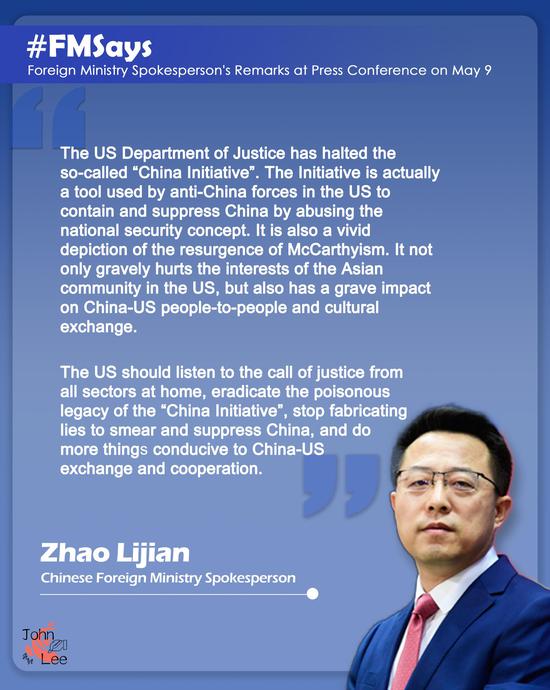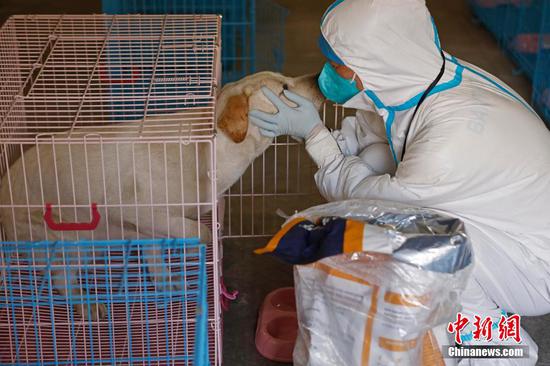Since a new kind of acute hepatitis of unknown origin among children was first reported last month in Britain, around 300 cases have been reported in over 20 countries, drawing great concern from health officials and parents.
The World Health Organization (WHO) has alerted physicians worldwide to watch out such unusual cases of hepatitis, and is working closely with the European Centre for Disease Prevention and Control, as well as affected countries, to support ongoing investigations, including lab testing.
"With continued new notifications of recent onset cases, together with more extensive case searching in other countries, it is very likely that more cases will be detected before the cause can be confirmed and more specific control and prevention measures can be implemented," said the WHO.
CURRENT SITUATION AND SYMPTOMS
On April 15, the WHO published an alert on severe acute hepatitis cases of unknown origin in children in Britain, which affects children aged between one month and 16 years. Since then, there have been continuing additional reports of cases.
Countries including Britain, Spain, Israel, the United States, Denmark, Ireland, the Netherlands, Italy, Norway, France, Romania, Belgium, Indonesia, Panama, Portugal and Brunei have reported such cases, according to the WHO.
The symptoms of the hepatitis include abdominal pain, diarrhea, vomiting, jaundice, severe acute hepatitis, and increased levels of liver enzymes, it said, adding that the viruses that commonly cause acute viral hepatitis have not been detected in any of these cases.
Hepatitis is an inflammation of the liver. There are different etiologies, or causes, that can lead to this inflammation, such as an infection or intoxication by drugs or substances. The most frequently implicated infectious agents are the viruses responsible for hepatitis A, B, C, D and E.
So far, laboratory tests exclude cases of known viral hepatitis. In many cases, adenovirus infection was detected in the affected children, and the link between the two is being investigated as one of the hypotheses for the underlying cause.
Jay Butler, the U.S. Centers for Disease Control and Prevention (CDC)'s deputy director of infectious diseases, said that some of the common causes of viral hepatitis had been considered, but were not found in any of the cases.
Adenovirus has been detected in more than 50 percent of these cases, though it has not been confirmed as the actual cause, according to the CDC.
LINK TO COVID-19 AND POSSIBILE CAUSE
As for the concerns about whether the acute hepatitis could be linked to COVID-19 or COVID-19 vaccines, the WHO and some countries have a preliminary conclusion, and the answer is no.
"Based on current information, most of the reported children did not receive the COVID-19 vaccine, ruling out a link between cases and vaccination at this time," said the WHO.
"In a few cases, the presence of the SARS-CoV-2 virus was detected, and this is one of the lines of investigation along with others such as the adenovirus," it added.
According to Brunei's health ministry, acute hepatitis is not one of the common features of COVID-19 infection in children or a complication of COVID-19 vaccination in children, while the CDC has also ruled out COVID-19 as a factor in the those cases.
The WHO is working with countries and partners to look at a range of possible explanatory factors. One of the leading hypotheses is adenovirus, which is a group of common viruses spread from person-to-person causing respiratory symptoms, vomiting and diarrhea in children.
Philippa Easterbrook, from the WHO's global hepatitis programme, told a press conference in Geneva that the leading hypotheses now remain those which involve adenovirus while the role of COVID-19 also within consideration.
Adenovirus currently does not fully explain the severity of the clinical picture. There have been case reports of hepatitis in immunocompromised children with adenovirus infection, however, it is unusual to be a cause of severe hepatitis in otherwise healthy children.
Factors such as increased susceptibility among young children following a lower level of circulation of adenovirus during the COVID-19 pandemic, the potential emergence of a novel adenovirus, as well as SARS-CoV-2 co-infection, need to be further investigated, according to the WHO.
ADVICES FOR PARENTS AND COUNTRIES
The most important thing to protect children, said the WHO, is to "pay attention to symptoms, such as diarrhea or vomiting, and to the color: if there are signs of jaundice -- where the skin and whites of the eyes turn yellow -- medical attention should be sought immediately."
"We recommend basic hygiene measures such as washing hands and covering your mouth when coughing or sneezing to prevent infections, which can also guard against the transmission of adenoviruses," said the organization.
As for the countries to prevent the spread of the disease, the WHO's recommendation is to stay informed and to monitor for cases.
Further work is required to identify additional cases, both in currently affected countries, but also elsewhere. The priority is to determine the cause of the illness to be able to further refine control and prevention actions, said the WHO.


















































 京公网安备 11010202009201号
京公网安备 11010202009201号